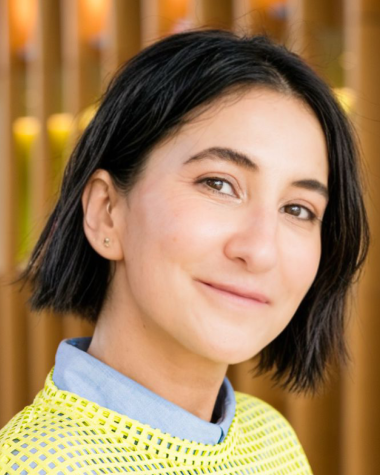Ana Bento, PhD

Assistant Professor
Department of Public & Ecosystem Health
Public & Ecosystem Health Cornell Public Health Bento LabCornell University College of Veterinary Medicine
Ithaca, NY 14853
Profile
Research/Clinical Interests
Dr. Bento’s transdisciplinary research leverages mathematical and computational modeling, machine learning, and data science to identify the eco-evolutionary, demographic, and environmental drivers of pathogen (re) emergence, persistence, and spread in humans and other animals. Her lab seeks to understand the dynamics of biological populations and epidemics, to advance the understanding of fundamental processes in ecology and evolution, focusing on how to bring experimental and observational data together with mathematical theory. Her works tackles biological questions of public health application and importance. The lab ongoing research falls into the following themes:
- pathogen evolution and phylodynamics
- seasonal disease transmission
- anthropogenic effects (e.g. vaccines)
- adaptive behavior
- the role of climate
Education
- 2015 – 2019: Postdoctoral Researcher, Odum School of Ecology, University of Georgia
- 2012 – 2015: MRC Postdoctoral Research Fellow, Department of Infectious Disease Epidemiology, Imperial College London
- 2012: PhD in Ecology & Evolution, Imperial College London
- 2007: BSc (Honors) & Associateship of the Royal College of Science (Honors) in Biology, Imperial College London
Biography/Professional Experience
Dr. Bento is an assistant professor of infectious disease ecology in the Department of Public & Ecosystem Health at Cornell University. She leads a team of transdisciplinary researchers to shape, develop and coordinate integrative research into how data-driven modeling can end current and prevent future pandemics.
At the Bento Lab the approach is to develop theoretical models to understand how human and other animal systems behave generally, while simultaneously seeking to confront and validate models with data and make predictions. Her lab uses a combination of mathematical modelling, phylodynamic approaches and cutting-edge statistical inference techniques. Her focus is on developing coupled models (epi-econ, evo-eco) to holistically understand a system. With these methods she can make quantitative, testable predictions and confront process-based models with parallel data streams. This is the central premise of her lab's research program and the common thread of her work.
Dr. Bento has contributed to peer-reviewed publications and given many invited talks including keynotes on disease dynamics and control. Her research has been featured in interviews and reports in the popular media, including in the New York Times, Wall Street Journal, Nature, The Washington Post, The Guardian, National Public Radio, MSNBC, Today Show, Reuters, and Fox.
- 2023 – Present: Assistant professor of infectious disease ecology, Department of Public & Ecosystem Health, Cornell University
- 2023 – Present: Scientific Committee Member, One Sustainable Health Forum
- 2023 – Present: Steering Committee member, MIDAS
- 2022 – Present: Adjunct Faculty, Biology Department, University of Maryland - College Park
- 2020 – Present: WHO Technical Advisory Group, COVID-19
- 2019 – Present: Adjunct Faculty in Ecology Evolution & Behavior, Department of Biology, Indiana University
- 2022 – 2023: Director of Science, The Rockefeller Foundation
- 2019 – 2023: Assistant Professor of Epidemiology & Biostatistics, School of Public Health, Indiana University
- 2019 – 2023: Affiliated Professor, Network Science Institute, Indiana University
- 2019 – 2022: Affiliated Faculty Center for the Ecology of Infectious Diseases, University of Georgia
- 2020 – 2021: Chair of Disease Ecology Section, Ecological Society of America
- 2019 – 2020: Vice-Chair of Disease Ecology Section, Ecological Society of America
Professional/Academic Affiliations
- MIDAS Network
- Ecological Society of America
- British Ecological Society
- Society for Epidemiological Research
- R-Ladies Global
- 500 Women Scientists
- International Bordetella Society.


